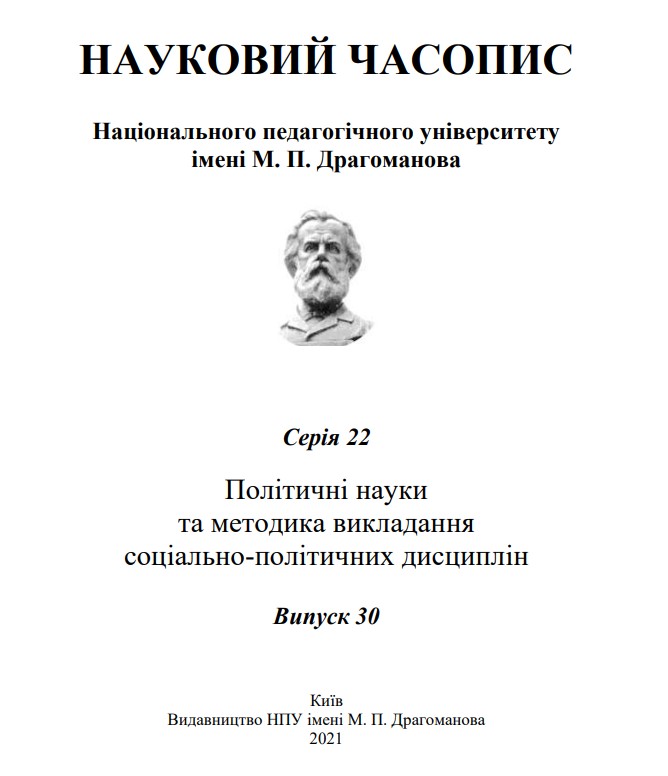THE ROLE OF THE PRINCIPLES OF INTERNATIONAL LAW IN THE FORMATION OF SPECIFIC PRINCIPLES OF SUSTAINABLE DEVELOPMENT
DOI:
https://doi.org/10.31392/pnspd.v22i30.1146Keywords:
: sustainable development, human rights, sovereign equality, cooperation of states, international obligations, specific principles, international agreements, economic cooperation, environmental protection, responsibility of states, international lawAbstract
The article analyzes the role of the principles of international law in the formation of specific principles of sustainable development. It emphasizes the general role of the basic principles of international law, a number of principles (respect for human rights and fundamental freedoms, the principle of cooperation of states, the principle of conscientious fulfillment of international obligations, the principle of sovereign equality of states), as well as new emerging principles of international law (the principle of international legal protection of the environment, the principle of collective security). Sustainable development is particularly linked to human rights and social, economic and environmental goals. The concept of sustainable development combines economic, environmental and social priorities and can be implemented in the context of national-legal application, reflecting international legal regulation. This requires a unified approach to the problem from the international-legal point of view, as national-legal regulation depends on the effective implementation of international norms.
International courts are already referring to sustainable development documents. Sustainable development has been the subject of discussion by national courts, and a number of provisions in these areas have been included in the constitutions of states. In addition, globalization, the emphasis on the human rights factor, the dependence of the security of each country on the international security system, the rapidly growing role of international relations and international law in domestic affairs, etc., which are among the new trends, can be specifically mentioned.
Finally, specific principles of sustainable development (equality and poverty reduction; the principle of responsibility of states; the principle of careful approach to human health, natural resources and ecosystems; the principle of public participation and access to information and justice; good governance principle; principle of integration and interaction, etc.) are closely linked to and formed on the basis of international law and human rights.

